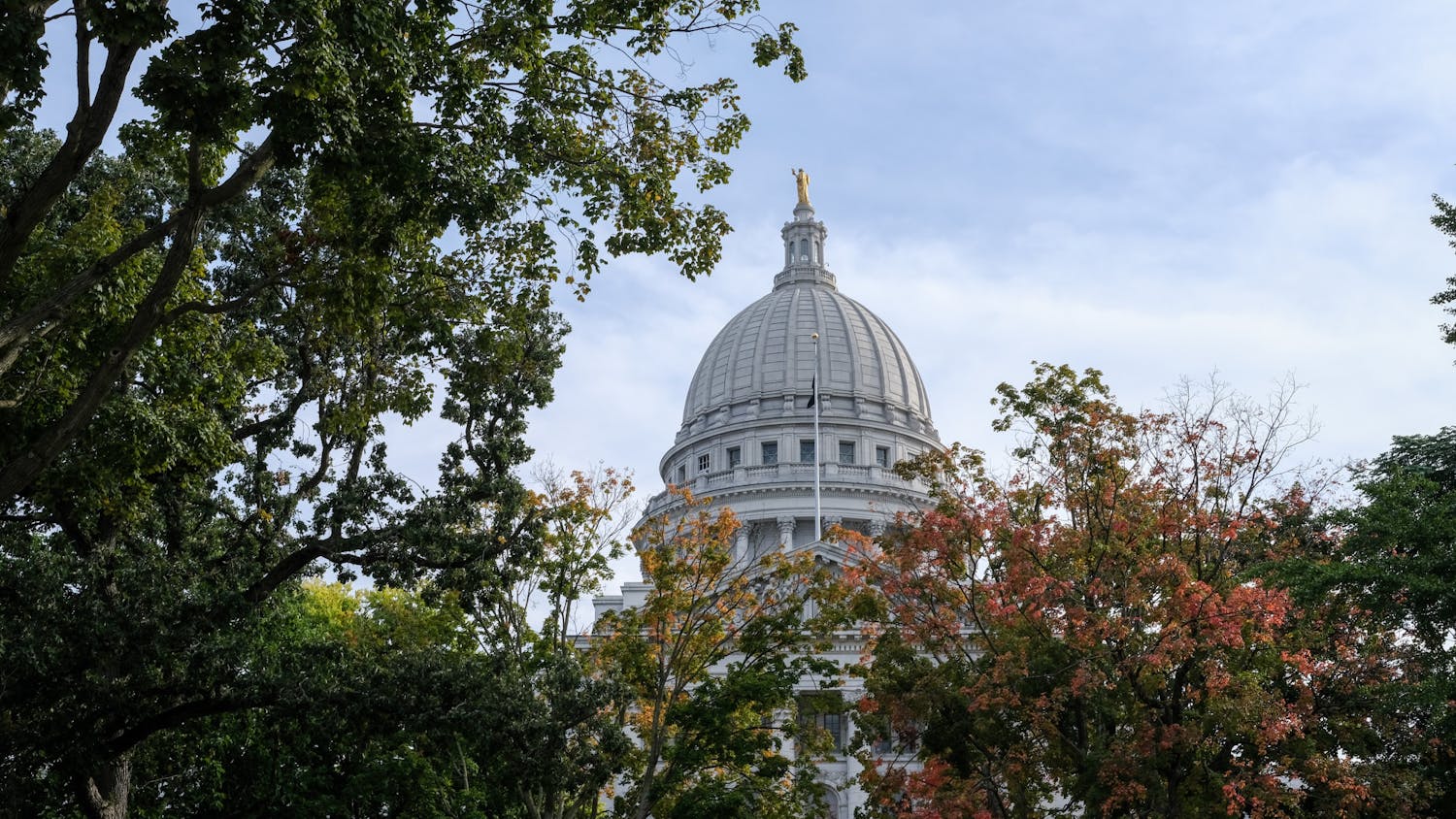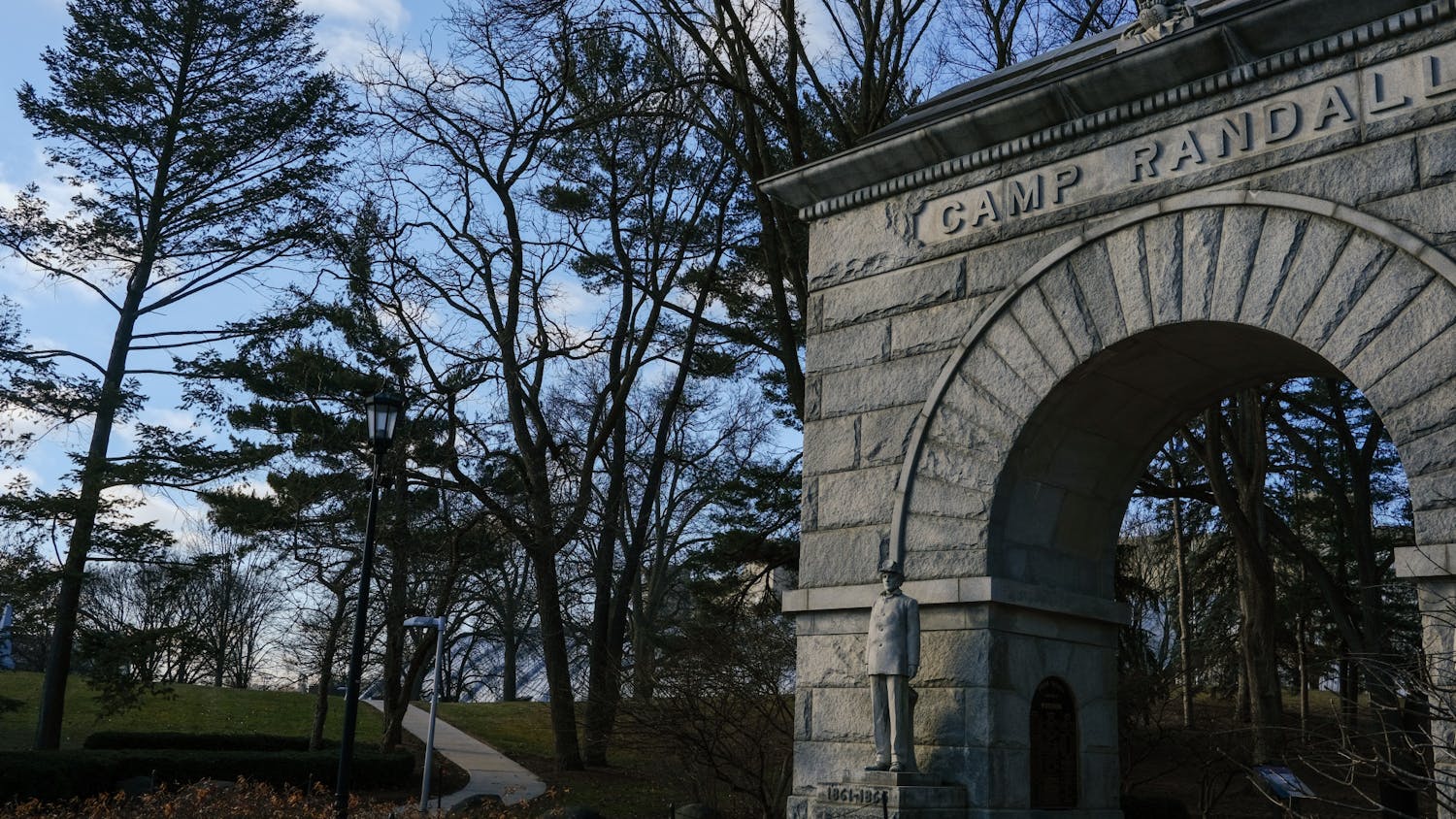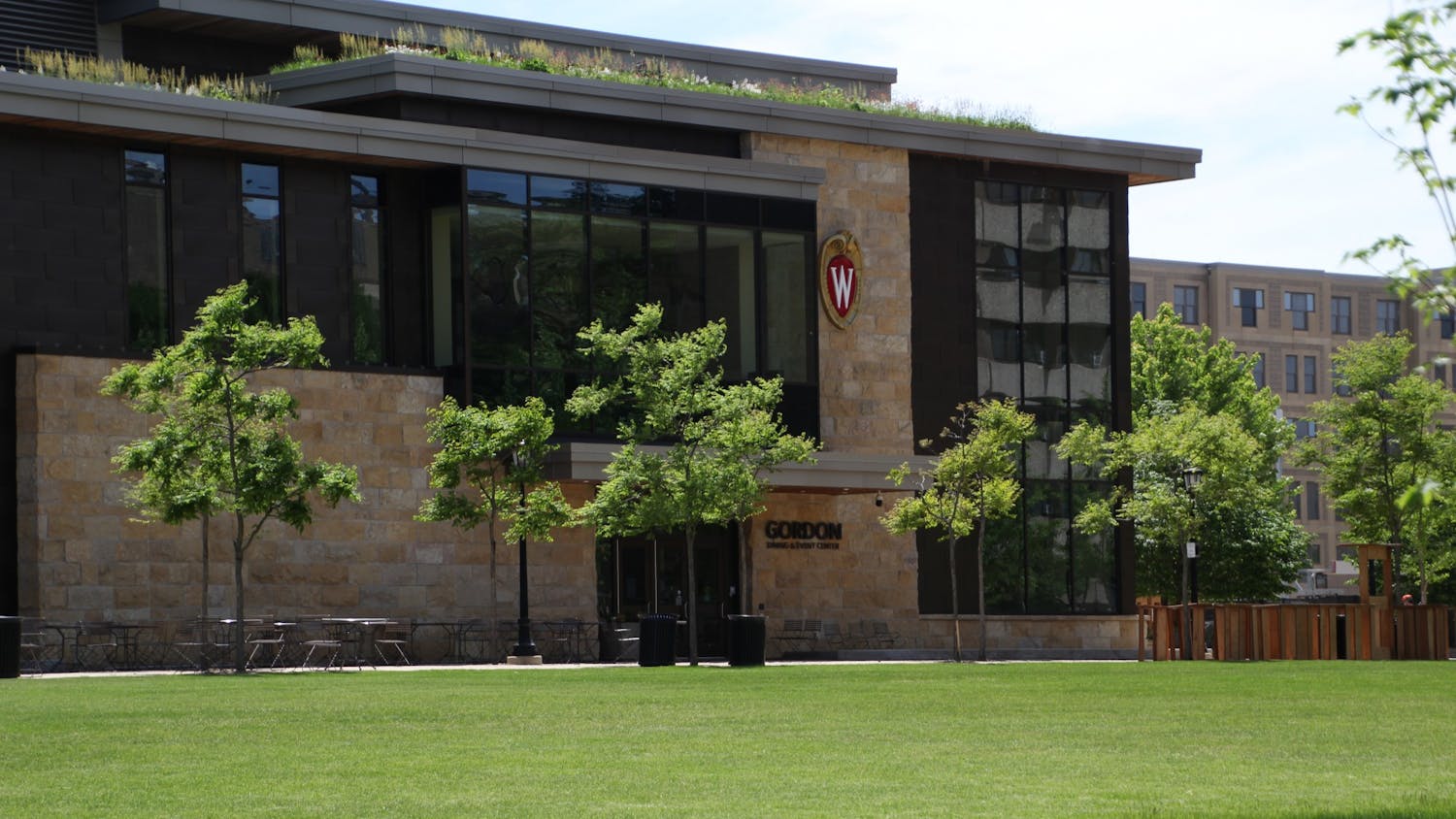Patriarchy exists. Racism is alive and well. And it's been made crystal clear of late that homophobia is still a powerful force. It seems those critics who persist in attacking the same popular targets, for instance the Women's Studies Department or the Multicultural Student Coalition or the even more controversial programs-Affirmative Action and Title IX-in addition to often being uninformed, confuse the solutions and the problems. It is one thing to criticize the Women's Studies Department for a structural flaw but it is another to question the necessity of the Women's Studies Department by denying discrimination against women exists as a fundamental and widespread problem.
It is legitimate and helpful to make criticisms, for instance, that women's studies departments have not done enough to mainstream women's issues or to integrate them into egular"" curriculum. Perhaps you could argue the MCSC has not been able to reach far enough to deeply change campus dynamics. The critics, however, rail against the very existence of these organizations while offering no positive alternatives or constructive suggestions. What they either fail to understand, or are simply not interested in, is that these organizations are the culmination of people's struggles to create change and work toward equality within a society riddled with oppression. Opponents often tangle together criticisms of specific programs while simultaneously questioning studies or statistics taken to capture the widespread nature of the problem. This is utterly irresponsible and misleading.
It is necessary for these critics to couch one argument within another because it is impossible to argue with any credibility that the society we live in is a completely just one. No intelligent commentator will argue women's studies is unnecessary because women's roles are given equal curriculum time within academia. No one will argue the MCSC is a flawed organization because the campus is equally welcoming to students of color as it is for white students. Therefore opponents of programs intended to bring about positive social change must resort to the age-old art of schmear campaigning-throw out enough negative information whether correct or not-and some of it is bound to stick somewhere. They attempt to subtly question the very nature of the problem through attacking specific facets of those programs designed as solutions.
Women's studies departments were created in the 1970s in reaction to the male-centric nature of the educational system. The UW-Madison program was founded in 1975 as a result of political activism occurring throughout the UW System. One of the major objectives of women's studies is ""to raise the aspirations of women, expanding their sense of possible future alternatives and opportunities and their own capabilities. The concurrent purpose is to enable men to widen their spheres of development, for they too have been limited by narrow traditional concepts of 'women's roles' and 'men's roles,'"" according to the 1974 Task Force on WS. Nearing its 30th birthday, women's studies are still highly relevant, numerous studies from the 1990s from American University, American Association of University Women Educational Foundation concluded women and girls continue to be ""underrepresented in school curricula, that teaching behavior and tests tend to heavily favor boys, and that girls lag behind boys in mathematics and sciences. The cumulative effect, to hamstring opportunities for women and girls to advance academically and, by extension, economically,"" according to ""How Schools Shortchange Girls.""
The UW-Madison Multicultural Student Coalition was created in 1988 to begin to address the problem of institutional inequalities and low retention rates for students of color within higher education. According to the MCSC, their aim is to ""provide administrative and facilitation services as opportunities for students of color and student of color organizations to work together through diversity education to improve campus climate for all students."" While the MCSC has done much to improve campus climate, widespread institutional flaws have yet to be addressed by the University. Twenty years later retention rates have improved, but ""For UW System students who entered as freshmen in the 1993-1996 period, gaps in second-year retention rates between white students and four groups of students of color are substantial. Whites have an average retention rate of 73 percent. However, the average retention rate for blacks is 57 percent, 56 percent for Native Americans and 67 percent for Hispanics,"" according to information from the UW system.
The institutional oppression faced by women and people of color within higher education is representative of problems occurring throughout society. Critical dialogue is necessary, in fact imperative, for creating change, but what must come first is the acknowledgement that oppression exists and that we need to take action to tackle it.





